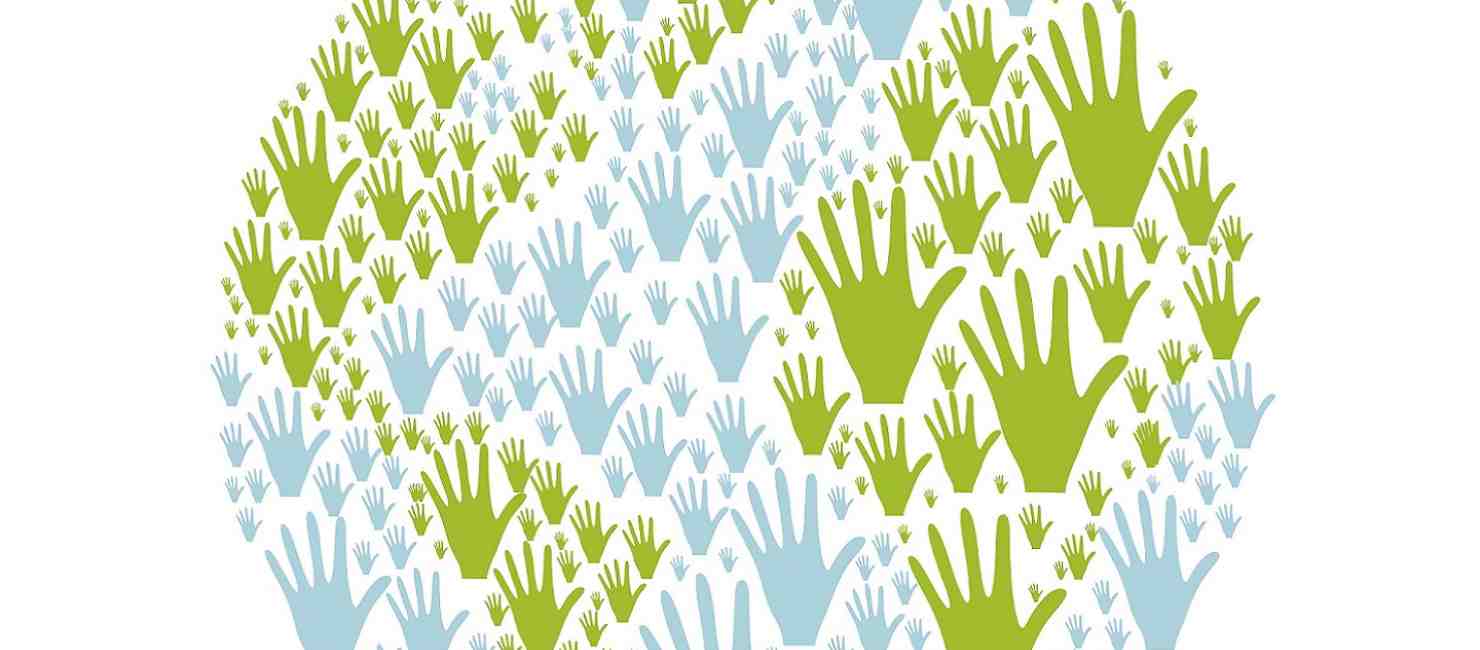Is hysterical behavior a sign of abuse?
Dear Stop It Now!,
I observed a friend's 7-year-old child acting fearfully and hysterically over being told by her mother that she would be staying with her father (my friend) when the mother needed to leave for a meeting. The child acted uncharacteristically for a child of her age in my opinion. She was wailing and screaming no, no, no in a fit. Moreover, she clung to the mother vigorously all the while. I am concerned that her father may be abusing her. However, I don't have much evidence other than this event. Her mother told my wife previously about a time when another parent suspected abuse as well. This was because the child became hysterical over being asked to change her clothes after getting muddy.
Would there be another reason for this child to behave in such a way? Or is this a telltale sign of abuse?

Dear Concerned Family Friend,
Having these concerns about a friend can be difficult, but I’m glad you’re asking these questions about this child’s behaviors and seeking guidance about safety.
Emotional Distress
While the hysteria you describe could be a Warning Sign of Possible Sexual Abuse In A Child’s Behaviors, there are many reasons why a child might have this sort of reaction – even at your friend’s daughter’s age. It could be a sign of stress or of some other underlying condition. So, it’s difficult to say from this alone whether your friend’s daughter is being abused.
If you feel comfortable talking with your friend or the child’s mother about the child’s behavior, you might also want to ask if anyone has taken her to the pediatrician or even to a counselor for an evaluation. Even if this behavior isn’t due to abuse, it could be a sign of other distress that may need to be addressed.
Other Warning Signs
There really is no single “telltale” sign of abuse – many warning signs individually can also be signs of stress. However, a pattern or cluster of these behaviors can signal abuse. In addition, you mention that this is the only event you have as evidence, but some warning signs are persistent behaviors that we may not even realize may be connected to abuse. Please take a look at the warning signs above and consider your friend’s daughter’s behavior. Look for a pattern or cluster of warning signs rather than one or two.
Because you’re concerned that your friend may be the adult abusing, I’d also like you to take a look at these Behaviors To Watch For When Adults Are With Children and Signs That An Adult May Be At-Risk To Harm A Child. Do any of these behaviors sound like your friend?
Voice Your Concerns
If after looking through these warning signs you still have concerns, it’s important to speak up. If you feel safe doing so, you may want to talk with your friend directly about your worries for his daughter’s safety – and his own behavior. Though it may be an uncomfortable idea, the conversation doesn’t have to be confrontational or accusatory. You can talk to your friend about the specific behaviors that have you concerned, and offer him support in getting the help he and his family needs for everyone to stay safe.
It can help to have an ally in this conversation, someone who shares your concerns and can support you in voicing them to your friend. Additionally, our guide book, Let’s Talk, can help walk you through this difficult conversation.
This can be such a hard worry to face, and it’s good that you’re keeping an eye out for safety and reaching out for direction and support. I hope this information helps, and please do not hesitate to contact us back with further concerns, questions, or continued guidance in taking next steps.
Take care,
Stop It Now!
Feedback:
Please share your feedback on this question
Last edited on: May 28th, 2021

